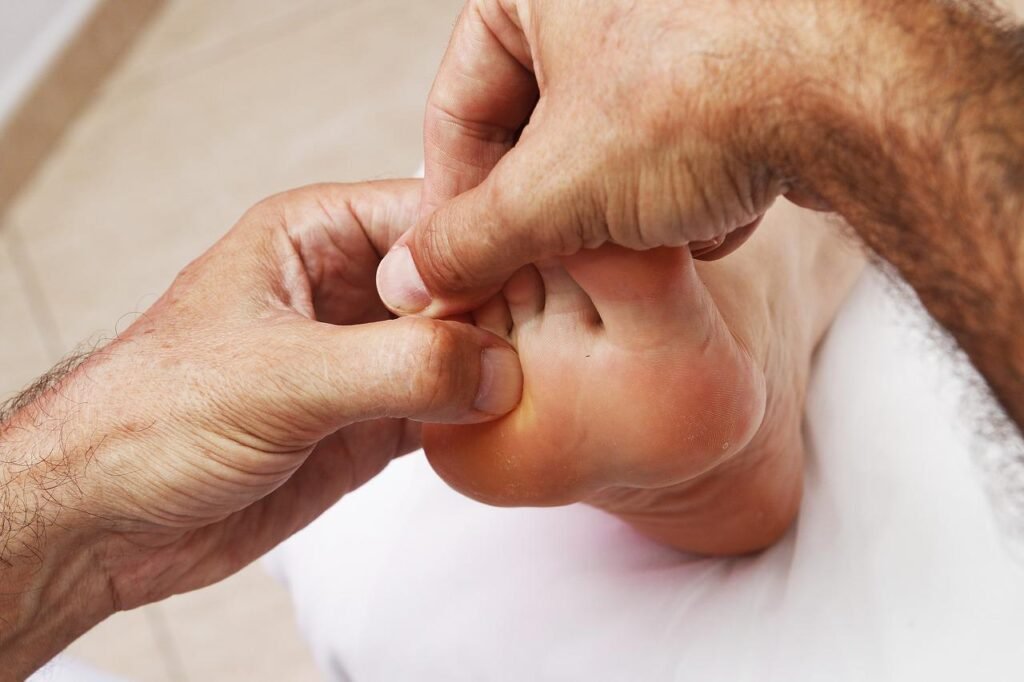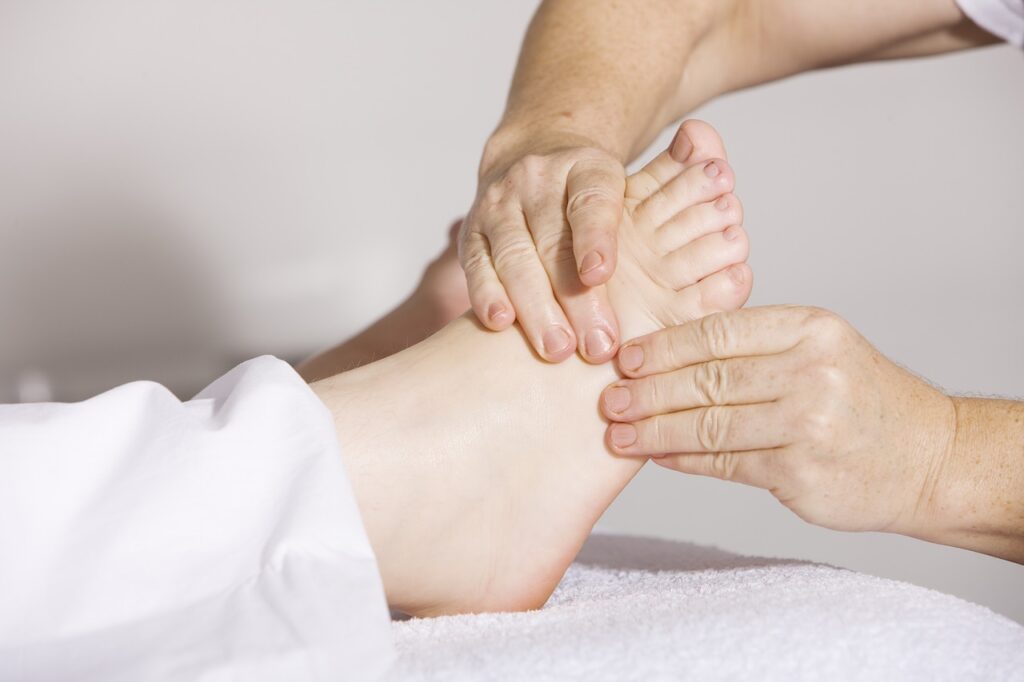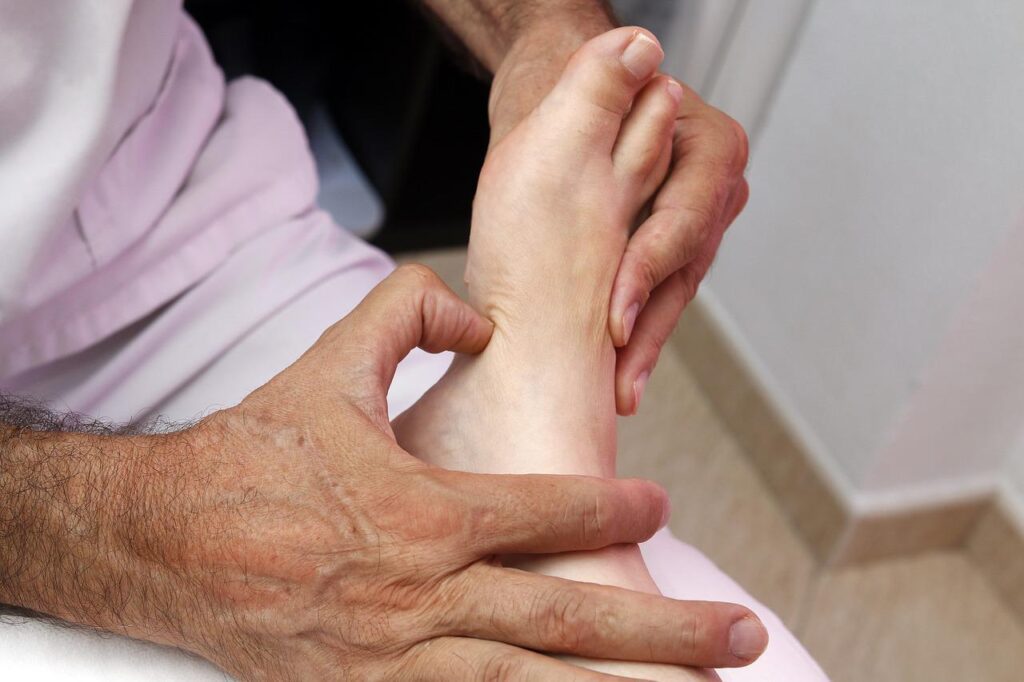Reflexology is the application of appropriate pressure to specific points and areas on the feet, hands, or ears. Reflexologists believe that these reflex points correspond to different body organs and systems, and that pressing them creates real benefits for the person’s health.
For example, reflexology holds that a specific spot in the arch of the foot corresponds to the bladder. When a reflexologist uses thumbs or fingers to apply appropriate pressure to this area, it may affect bladder functioning.
Reflexology foot maps
Reflexologists use foot maps to guide their work, such as the reflexology chart shown on the right. The left foot corresponds to the organs found on the left side of the body and the right foot to the organs on the right side.
How does reflexology differ from massage, Reiki, or acupuncture?
Many people confuse reflexology with massage, Reiki, or acupuncture, but there are essential differences between these therapies. Massage therapists manipulate larger areas of soft tissue in the body while reflexologists apply pressure to specific points on the feet, hands, and ears.
Unlike either massage or reflexology, Reiki does not involve any physical manipulation or pressure, but instead uses light touch to work with the subtle vibrational field thought to surround the body. Finally, while acupuncture and acupressure, like reflexology, use reflex points on the body to influence other parts of the body, the points are not the same and acupuncture uses points over the entire body.
While these are different practices entirely, one thing they all have in common is that they are sometimes used to help manage symptoms associated with stress.
What does reflexology do?
Although reflexology is not used to diagnose or cure disease, millions of people around the world use it to complement other treatments when addressing conditions like anxiety, asthma, cancer treatment, cardiovascular issues, diabetes, headaches, kidney function, PMS, and sinusitis.
Source: https://www.takingcharge.csh.umn.edu/reflexology



